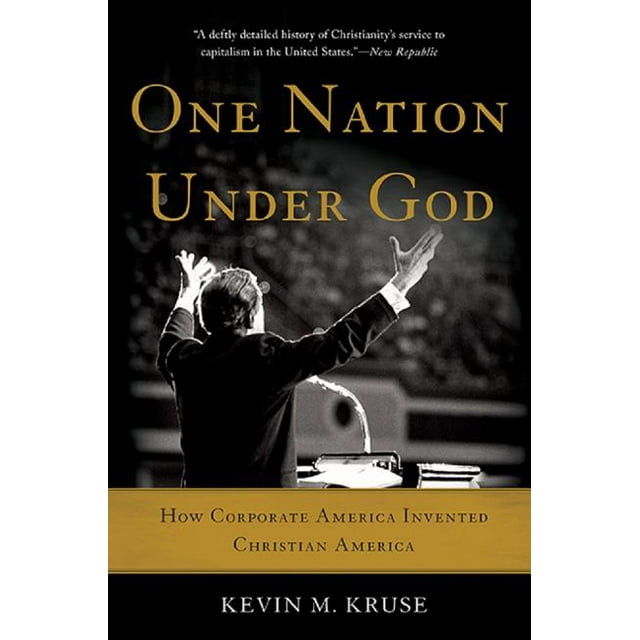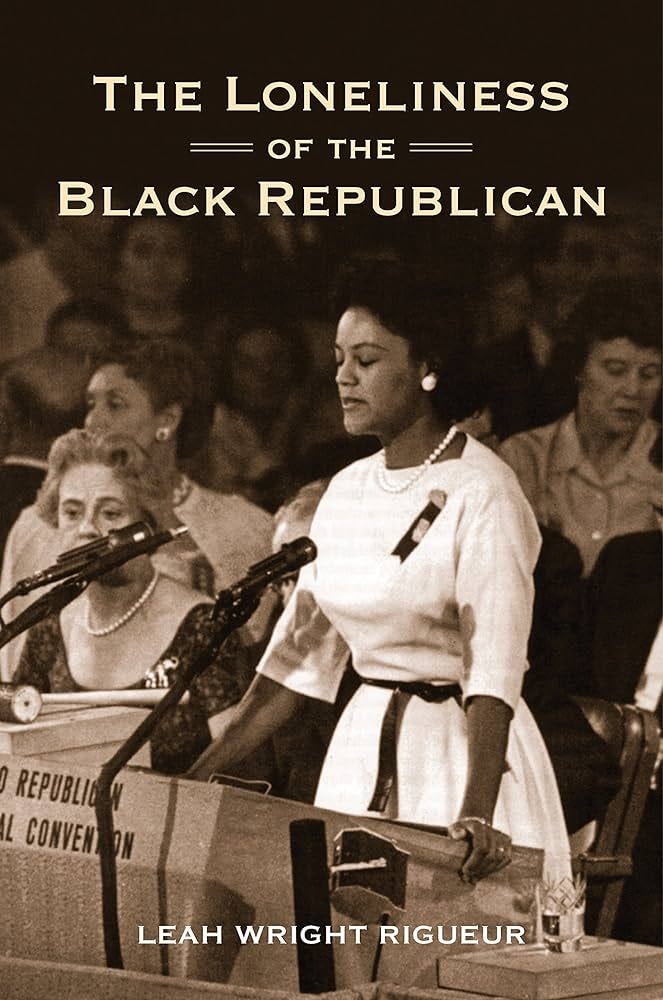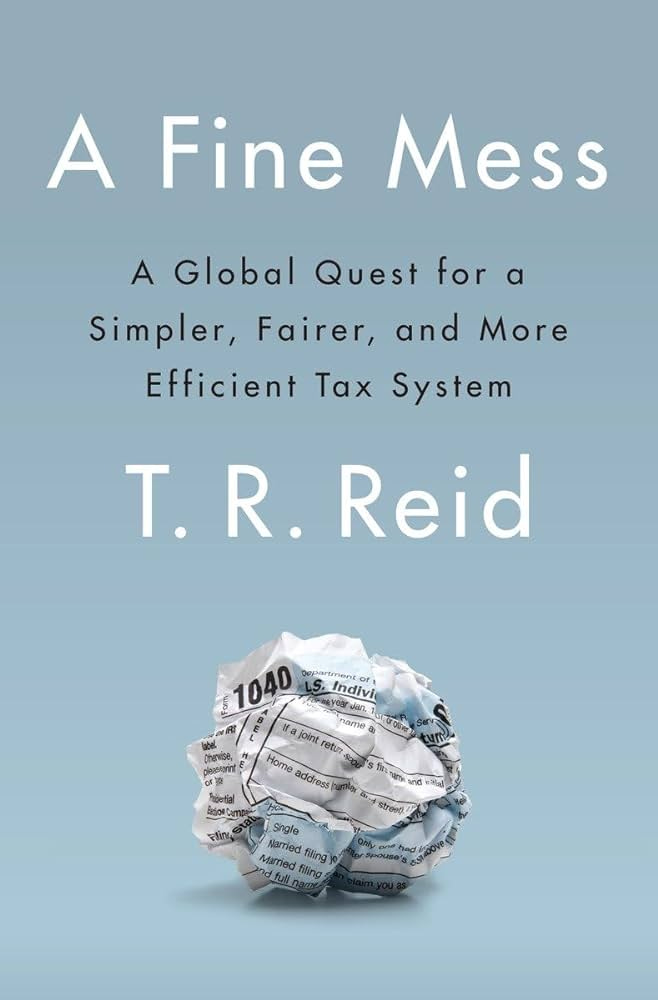On a personal note…
To the many Somewhat Unlikely superfans out there: nope, I have not worked on this newsletter even a little bit over the holidays. I seriously hope that you also actually spent your holidays doing real-life things with real-life people.
I did, however, do — and I recommend you also do — a scan of all my calendar events and notes in 2023 from December all the way back to January to remember what the hell I exactly did all year (something that’s been harder to do in the past few COVIDian years).
All things considered, it’s been a great year of ‘doing’. I graduated from a “master” to a “doctor” (the cool, original kind of doctor), I published a pretty useful academic paper and got to talk about it with a lot of cool people, I started an amazing gig doing work actually meaningfully impacts public policy, and I’ve got to enjoy living in a dense city not being completely ravaged by a pandemic. I hope you all out there enjoyed a similar post-pandemic glow-up this past year — and if you didn’t, that it’ll be how you experience the coming one.
…But I digress
What I really want to tell you about, arguably more interesting than any of that stuff I did, is the stuff I read this past year. Ironically, as an ex-academic, I’ve probably enjoyed reading non-fiction social science this year more than any other in recent memory: I'd like to think that my PhD training has helped me become a more effective consumer of social science research but on this side of academia I have the time and freedom to actually read whatever I want.
That said, most of what I ended up reading this past year wasn’t actually published in 2023, most of it was about American politics, and most of it wasn’t really capital-S Social Science. These aren't necessarily bad things: we should hope that social science published in 2013 can help us understand society in 2023 and we should hope that the “us” extends beyond a few people who go to the same conference every year. And of course, we should all be learning more about the world beyond our borders. But when there's constantly heavy smoke billowing (sometimes literally, speaking of 2023) out of your own backyard, it's not a bad thing to prioritize finding out where that's coming from first.
The most valuable thing I look for in social science writing is that it changes my mind about something important … OR either comes close OR clearly would change some other well-defined type of person’s mind on that thing. I think the other kind of social science, the one that just reminds you that something seemingly obvious is also important — not least of all because what's obvious to you may not be obvious to me and because everything sounds obvious to someone who knows the answer. But, as we know from scholarship on media effects, media that reinforces existing beliefs are more commonplace and easier to achieve than media that persuades or counter-persuades. The latter is just, simply put, a more impressive feat and, in my opinion, more worthy of our attention.
Okay, now for the main event. Here are three stand-out social science (broadly-defined) books I've read in 2023 that changed my mind about how the world works in an important way, in the (rough) order of their (subjective) importance.
3. One Nation Under God: How Corporate America Invented Christian America (Kevin Kruse)
How it changed my mind:
Large swaths of Americans, liberals and conservatives alike, and whether they like it or not, believe that American nationhood is deeply rooted in Christianity.
In One Nation Under God, historian and former writer of excellent Twitter threads Kevin Kruse argues that the Christianization of American institutions actually began relatively recently and from an unlikely source. You might guess it was with Reagan in the religious revival of the 80’s or Billy Graham with the rise of televangelism in the 50’s.
In fact, the popular belief that America is a Christian nation, Kruse argues, meaningfully began in the 1930's thanks to a tactic by corporate America to turn public opinion against the New Deal. Big businesses from General Motors to Hilton Hotels bankrolled conservative clergymen and funded mass campaigns to portray the New Deal as a program of “pagan statism” that perverted the central principle of Christianity: the salvation of the individual. At that time, ministers were among the most trusted members of the community, so who better to make a convincing case against the New Deal to the American public?
Why it matters in 2024:
Corporate influence in politics and claims over the religious foundations of American society remain as salient in 2024 as they were in 1944.
American corporations, as I've shown in my own research, are visibly turning to the left in their messaging, but Kruse's account shows (as does my work) that corporations have held much deeper commitments not just to free market-oriented economic conservatism, but cultural conservatism. This book tells us that today’s "Woke Capitalism" is another flavor du jour of corporate governance tailored to the political climate of its time.
On the other hand, the view that Christian values are inextricably tied to American nationhood, government, and identity is sincerely and deeply held by today’s political elites at the highest echelons of power. Today, this is most visible on the Supreme Court. Penning the now-famous words that abortion rights are “not deeply rooted in the Nation’s history and traditions” in his landmark Dobbs opinion, Justice Alito does not simply condemn the so-called persecution of Christians in an increasingly secular American society, but secularization itself. Justice Barrett has expressed similar opinions about the legal profession, writing that a “legal career is but a means to an end, and . . . . that end is building the kingdom of God.”
While Alito and Barrett might sincerely hold these views, One Nation Under God’s re-evaluation of the New Deal Era suggests that (i) Christianity is neither “deeply rooted” in American political tradition nor is (ii) Christian tradition earnestly why the most powerful conservative interest groups actually pursue conservative government policies.
A particularly interesting fact you should definitely tell your friends:
The phrase “One Nation Under God” was not in the Found Fathers’ pledge of allegiance, nor was America’s official motto “In God We Trust” in 1776.
These were all political inventions in the 50’s under the Eisenhower administration, but originally the projects of conservative corporate activists two decades earlier.
2. The Loneliness of the Black Republican: Pragmatic Politics and the Pursuit of Power (Leah Wright Rigueur)
How it changed my mind:
It's basic knowledge in American Politics that the Democratic Party — the party that put forth America's first black president — is the political party that best represents Black Americans.
Going one layer deeper is the understanding that it wasn't always this way: a confluence of post-war demographic changes, Southern industrialization, and a revised Republican election strategy propelled national Democrats into this racial alignment the late 1960's — the so-called Southern Realignment of black voters away from the Republican Party.
A chapter that's often left unturned from this story is black voters' and black politicians' relationships with the Republican Party before Southern Realignment. In the decades following the post-Civil War Reconstruction (back in the wee 1870's), most black voters were indeed members of the Republican party, the party that put forth Abraham Lincoln and the emancipation proclamation, as today's Republican elites are constantly rushing to remind everyone.
But these voters did not begin orienting themselves towards the Democratic Party because of the Civil Rights movement. It was actually because of (are you starting to sense a theme here) the New Deal. Black voters flipped from red to blue literally after a single election: in 1932 Republican incumbent Herbert Hoover drew 70-80% majorities of black voters' support in big cities, while in 1936, after four years of a Democrat named Mr. Roosevelt in the White House, same-sized black majorities would vote to keep Roosevelt in office.
The major reason for this shift was voters' experiences with FDR's New Deal programs, the first of their scale to not explicitly exclude blacks from participation. Geographic and generational factors were also at play: younger black voters who grew up in the North didn’t have the association between southern Democrats and Jim Crow like their grandparents did.
Rigueur’s book is not the first to point this out, nor is it even the main point. What her book, I think, does a comprehensively good job with is showing how Black Americans who did not follow the New Deal re-alignment and instead stuck with the Republican Party in the 20th century fared. By my evaluation and as the title implies, Black Republicans landed the "Worse Deal."
Nevertheless, Black Republicans left an important footprint on the GOP. Consistently to the right of their liberal black peers and nearly always to the left of the Republican party core, Black Republican elites struggled for agenda attention from their party's presidents beyond diversity points and PR stunts (e.g. Nixon's Black Cabinet). Yet, generation after generation, they still managed to score concessions from Republican leadership, from reining in the aggressive racism in the messaging around the Southern Strategy in the latter 20th century to forcing conservatives to better tailor their economic policies for a growing Black middle class.
Why it matters in 2024:
There is a story of a new American political re-alignment that goes like this: working class non-college voters, including recent immigrants and Black Americans, are becoming alienated by Democrats' appeals to 'woke-ism' and are starting to switch over to the Republican Party, who will supposedly prioritize more blue-collar friendly policies around the economy, public safety, and domestic security. In some ways, this agenda of 'material conservatism' is exactly matches Rigeur's description that 'African Americans' exhibit an "everyday" kind of conservatism that is apolitical'. Since the Reagan days, Black voters have become more socially conservative.
Yet, even though a third or more of national black voters identify as conservative, the percentage of national Black voters who identify as Republicans has never risen beyond (roughly) 15%. This number, too, is growing, but a far cry from the earlier 70-80% black majorities for the party of Lincoln. A Black surge for Trump, therefore, remains unlikely. Black voters, by and large, have chosen the compromise of group unity and slow progress under the Democratic banner the over the (selective) ideological congruity and utter social alienation within the Republican faction.
A particularly interesting fact you should definitely tell your friends:
You may not have guessed that Edward Brooke, the first elected Black senator, was a Republican and was a senator representing Massachusetts of all places (not actually that white of a state, actually, but pretty white with an ugly history with desegregation).
Brooke was a key force for black Republicans during the height of the Black Power movement on the other end of the spectrum in the 1960's. The movement may have even helped their cause: radicals like Stokely Carmichael were perfect foils for black conservatives like Brooke, presenting distinct ideological options for the black public's political participation. Though, it might be a misnomer to call Brooke a conservative by today's standards: though he echoed the message of race neutrality that many black conservatives repeat today, he was a supporter of civil rights.
A telling portrait of his centrism was the aftermath of the Watts riot: he had to condemn the black militants and the violence (in line with the Nixon administration), but Brooke went out of his way to condemn the police brutality and held whites accountable for the inequality that purportedly led to the violence — a two-step that today's only Black Republican senator is also forced to do. But unlike Tim Scott, Brooke was vocal about calling out white racism as leading cause of racial inequality, saying as much in his role on the famous Kerner Commission.
1. A Fine Mess: A Global Quest for a Simpler, Fairer, and More Efficient Tax System (T. R. Reid)
How it changed my mind:
Modern progressivism, at its core, is about increasing redistribution to marginalized minorities and increasing redistribution, conventionally speaking, requires increasing taxes on the upper and sometimes middle classes. Quite literally, a progressive tax is one that's bigger for higher income groups; it's the basis, usually the only basis, for any liberal fiscal policy.
But it's naive to think that high-income Americans would actually pay those taxes. Instead, what we have in the U.S. is a sprawling system of exemptions and deductions and rich people availing all the political resources at their disposal to maintain this system.
The American system of specialized tax exemptions and deductions is messed up for a huge list of reasons:
Most obviously, it complicates the tax code for filers.
It sustains a cottage industry of crony tax-filing intermediaries like Intuit who lobby to protect the current complexities in the tax code.
It creates specialized ``itemized'' interest groups (hospital donors, homeowners, art gallery investors) that elected representatives end up catering to over ordinary citizens.
Related to the last point, it doesn't actually benefit most middle-class tax-payers since practically none of them itemize their tax deductions anyways.
It incentivizes corporations to make business and investment decisions around minimizing their tax burden, rather than maximizing social utility.
It's bad for conservative policy-making because it increases the deficit.
It's bad for progressive policy-making because it decreases tax revenue.
The last two points — which so rarely apply together in any policy context — can not be emphasized enough: getting rid of all of the specialized loopholes, deductions, and credits in the tax code would pay off a huge chunk of our national deficit (three cheers from Republicans) and help fund all of our social programs (three cheers from Democrats).
The magnitude of this implication is what puts this book at #1.
In A Fine Mess, T.R. Reid articulates a vision for a tax code reformed along these lines, which is referred to in wonkish circles as a Broad Base Low Rate (BBLR) system. The idea is to significantly reduce the marginal tax rate at every single tax bracket (wahoo) and, in return, eliminate credits and all other itemized deductions.
Controversially, this would mean eliminating popular, progressive tax credits like the Child Tax Credit and bipartisan deductions like the Earned Income Tax Credit. But the math makes it a no-brainer. In 2014 dollars, the amount of foregone government revenue from all of our tax expenditures was about $1 trillion, which would have been enough to fund the highest category of discretionary spending, defense (about $800 billion), or mandatory spending ($845 billion).
Not to mention, broad base tax reforms have (a) been popular with liberal and conservative presidents alike (Reagan's 1986 tax reforms, in fact, included the eliminations of many tax shelters for rich Americans), (b) helped build robust social safety nets elsewhere in the world (case in point: New Zealand), and (c) are more popular and effective than other common proposals like a value-added tax, increased corporate tax, flat tax, or higher top marginal tax.
Why it matters in 2024:
Fiscal policy was a big theme in the 2020 Democratic Primary discourse. Back then, a majority of Republicans and Democrats said they, in fact, favored the traditionally progressive model of increasing taxes on the wealthy. But, the 2020 election wasn't about fiscal policy. Ultimately the 2020 primaries ended up being more about beating Trump than the details of Elizabeth Warren's Ultra-Millionaire Tax. A deciding factor for voters in general election was the economy, but this did not include taxes.
I predict that wonky new taxation schemes will (shockingly) also not be top of mind for voters this November. The guy (almost certainly a guy) they elect for President, however, would do well to take this broad-based tax policy seriously for their next election. The incumbent's economic platform practically writes itself: we lowered taxes for everyone, the deficit bump was lower on our watch than the last person’s, and oh, here's a tax credit with that money for your student loan, small business fund, medical debt, whatever else. In a time of less polarized, identitarian politics, saying (or not saying) something like 'no new taxes' would definitely matter … in 2024, it may still matter to the voters that elections ultimately come down to. As a reminder, Biden’s economic stimulus was very popular (shout out to my former SurveyMonkey colleagues for the polling) especially among Independents.
A particularly interesting fact you should definitely tell your friends:
Former New Jersey Senator — and professional basketball player (I could just stop there) — Bill Bradley (D) was a champion of BBLR in the Reagan years, helping to incorporate some of the ideas discussed above into the 1986 Tax Reform Act. But the story of how he became known as the tax code guy in the Senate starts with his time on the Knicks as Reid recounts:
An all-American, Princeton and a Rhodes scholar, Bradley came home from Oxford, joined the New York Knickerbockers of the National Basketball Association. He became the team's biggest star, and the best paid as well he was given the nickname Dollar Bill. Fellow players steered Bradly, to the usual army of tax lawyers and accountants, who showed him all he legal tax-avoidance mechanisms available to the richest of all payers. Bradley said he found it appalling. He was even more disturbed when the Knicks' finance chief mentioned that the team could label its star forward a "depreciable asset”, and thus cut its taxes. Bradley later recalled that he really got interested in the U.S. tax code when he learned that "I had been a loophole for the New York Knicks."
And that's a wrap!
Good social science writing from 6-10 years ago, as it turns out, continues to help us understand the world (or at least the U.S.) in 2024. If you have any suggestions for related reads or want to share great social science that you read in 2023, don't be shy and drop a line in the comments. Otherwise, stay tuned for some excited new things from this newsletter in 2024.
This post, and year, was made only possible by the Brooklyn Public Library. As a cool aardvark and his friends once said…








